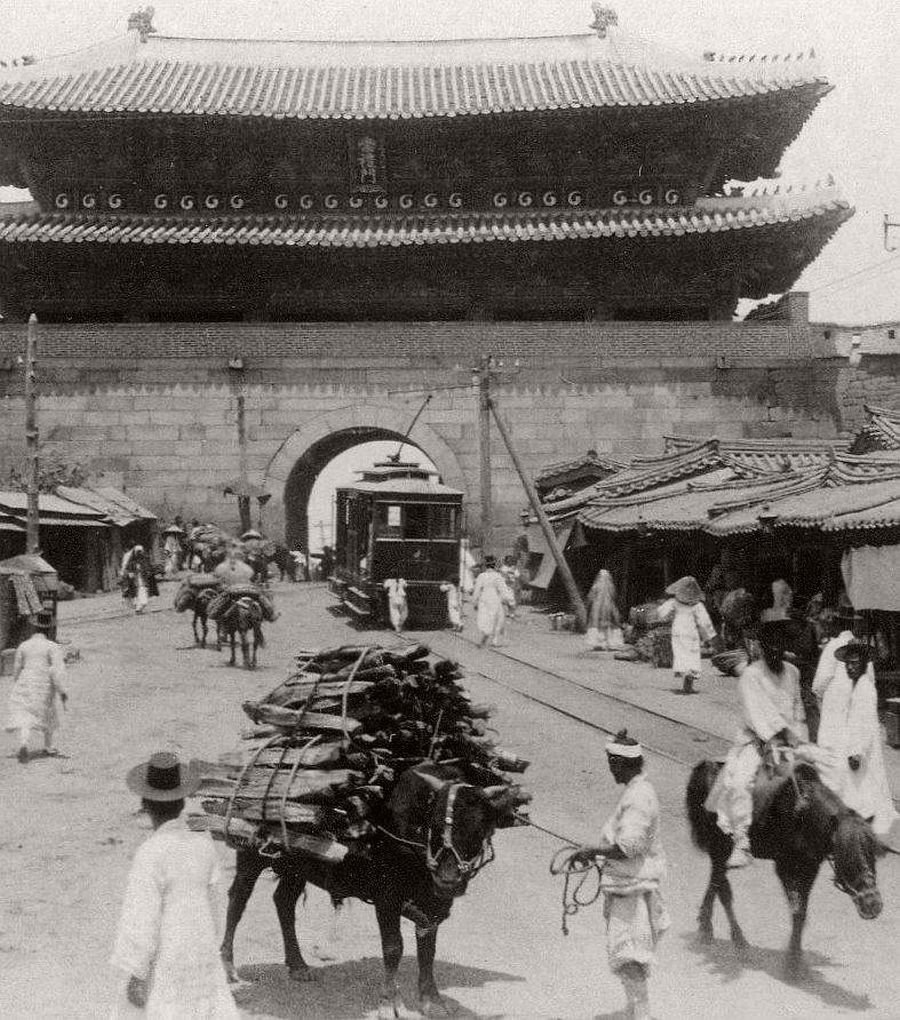Bringing Hope and Healing: The Impact of a Korean American Missionary’s Gospel Preaching

Dong Suk-Kee, also known as D.D. Bell is a name that rings a bell in the Korean American community. He was a Korean American missionary and Gospel preacher who significantly impacted Korea’s religious landscape. Born in 1881, Dong Suk-Kee grew up in a country still reeling from the effects of the Sino-Japanese War. At 22, he began preaching for the Methodist Church in Korea, where he remained for fourteen years.
During his tenure, Dong Suk-Kee focused on evangelism and Christian education. He was a pioneer in the establishment of the Yanghwa School system, which operated a modern elementary school and one of the first preschools in Korea. He was also instrumental in remodeling the Naeli Gyohae Church’s sanctuary and parsonage, which helped the church grow.
Dong Suk-Kee’s founding of the Church of Christ in Korea in 1930 was a significant milestone in the history of Christianity in Korea. As a Korean American missionary and Gospel preacher, Dong had already been preaching for fourteen years for the Methodist Church in Korea and had served as the sixth minister of the Naeli Gyohae Church.
As a pastor, he was known for his dedication to evangelism and Christian education. His efforts resulted in expanding the church’s sanctuary and parsonage and establishing the Yanghwa Hagdang elementary school system.
With his vast experience and commitment to spreading the Gospel, Dong Suk-Kee founded the Church of Christ in Korea in 1930. The following year, he baptized 31 people in a nearby village, signaling the beginning of a new era of Christian evangelism in Korea. By 1940, he had helped establish twelve churches throughout Korea, which was a testament to his dedication and hard work in spreading the message of Christ.
After the liberation of Korea, Dong Suk-Kee returned to the United States to raise money for missions. Despite being unable to return to Korea due to the outbreak of the Korean War, he continued to support the church and its missionaries. His fundraising efforts were instrumental in ensuring the continued growth and expansion of the Church of Christ in Korea, which today is one of the largest and most influential denominations in the country.
Unfortunately, he could not return to Korea due to the outbreak of the Korean War. However, he continued evangelizing Korean military officers being trained at the Army Infantry School in Port Banning, Georgia. He also sent missionaries to Korea after the armistice and raised money for missionary expenses.
Dong Suk-Kee’s work was wider than evangelism and Christian education. He also actively participated in the March 1 Movement, a peaceful protest on March 1, 1919, against Japanese colonial rule. The movement significantly impacted the Korean independence movement, and Dong Suk-Kee’s involvement earned him the Presidential Award from the Korean government posthumously in 1996.
Dong Suk-Kee’s impact on Korea’s religious landscape cannot be overstated. He was a pioneer in establishing modern Christian education in Korea, and his efforts helped to spread the Gospel throughout the country. His work also helped establish the Church of Christ in Korea, which continues to thrive today.
Dong Suk-Kee’s legacy is one of hope and healing. His efforts helped to bring spiritual healing to the people of Korea, and his participation in the March 1 Movement was a sign of hope for a brighter future. His work has inspired generations of Korean Americans to follow in his footsteps and to continue spreading the Gospel to all corners of the world.
In conclusion, Dong Suk-Kee, also known as D.D. Bell was a Korean American missionary and Gospel preacher who significantly impacted Korea’s religious landscape. His work in Christian education and evangelism helped to establish the Church of Christ in Korea, which continues to thrive today. His participation in the March 1 Movement also earned him the Presidential Award posthumously in 1996. Dong Suk-Kee’s legacy is one of hope and healing, and his work inspires generations of Korean Americans.





